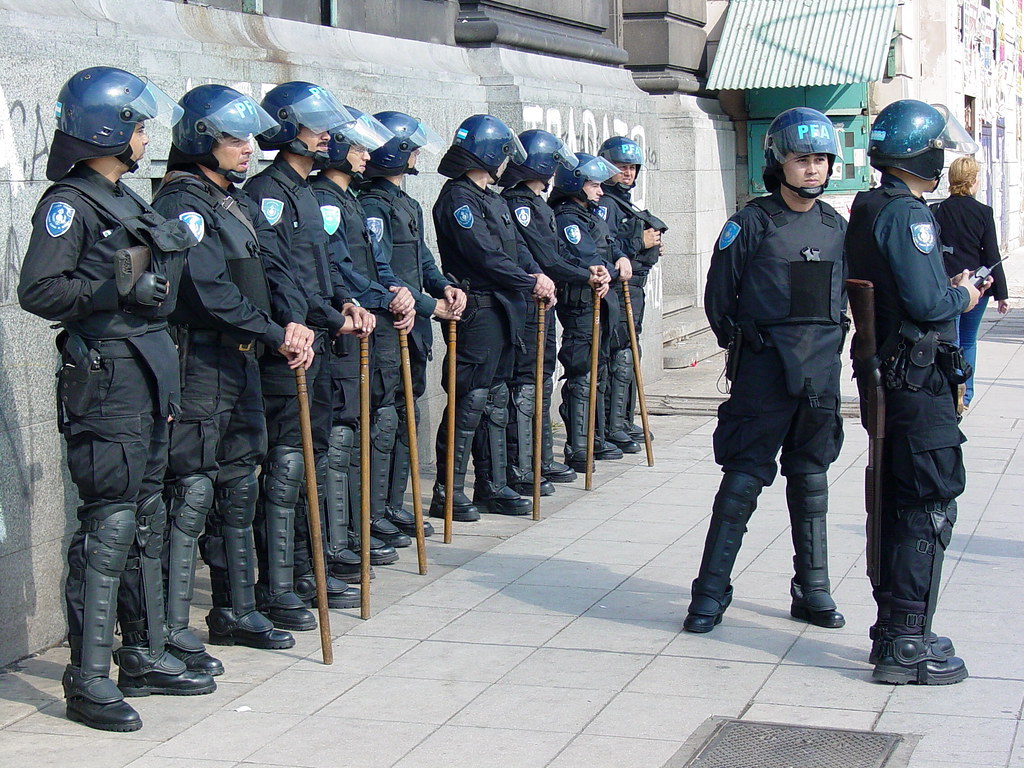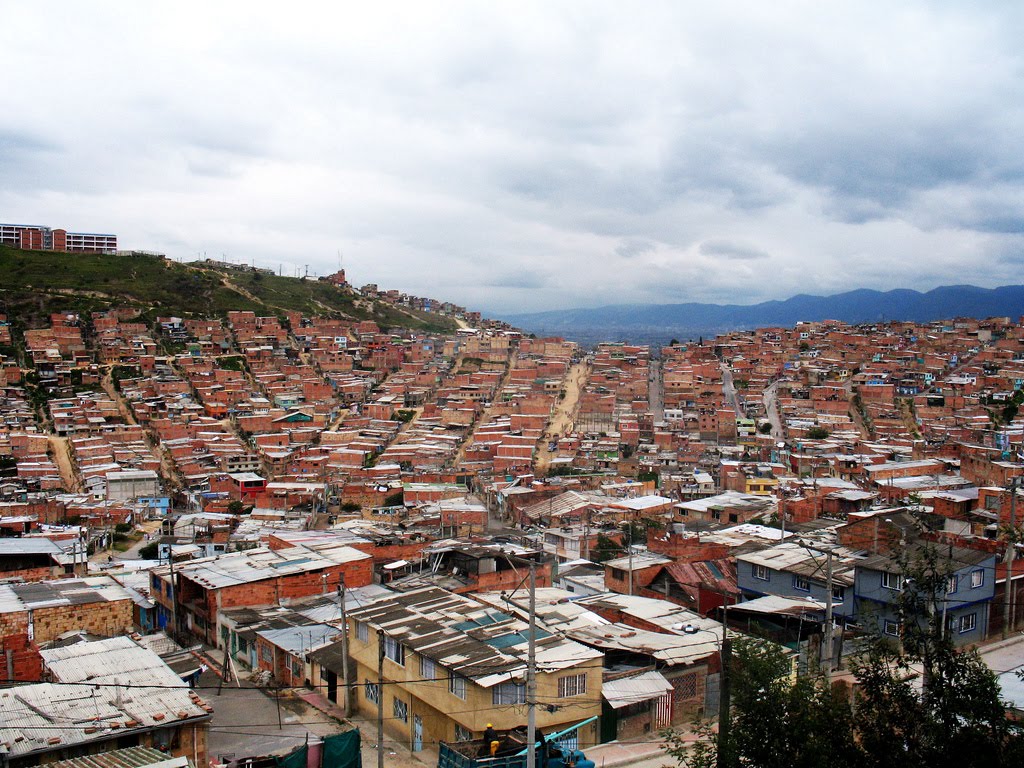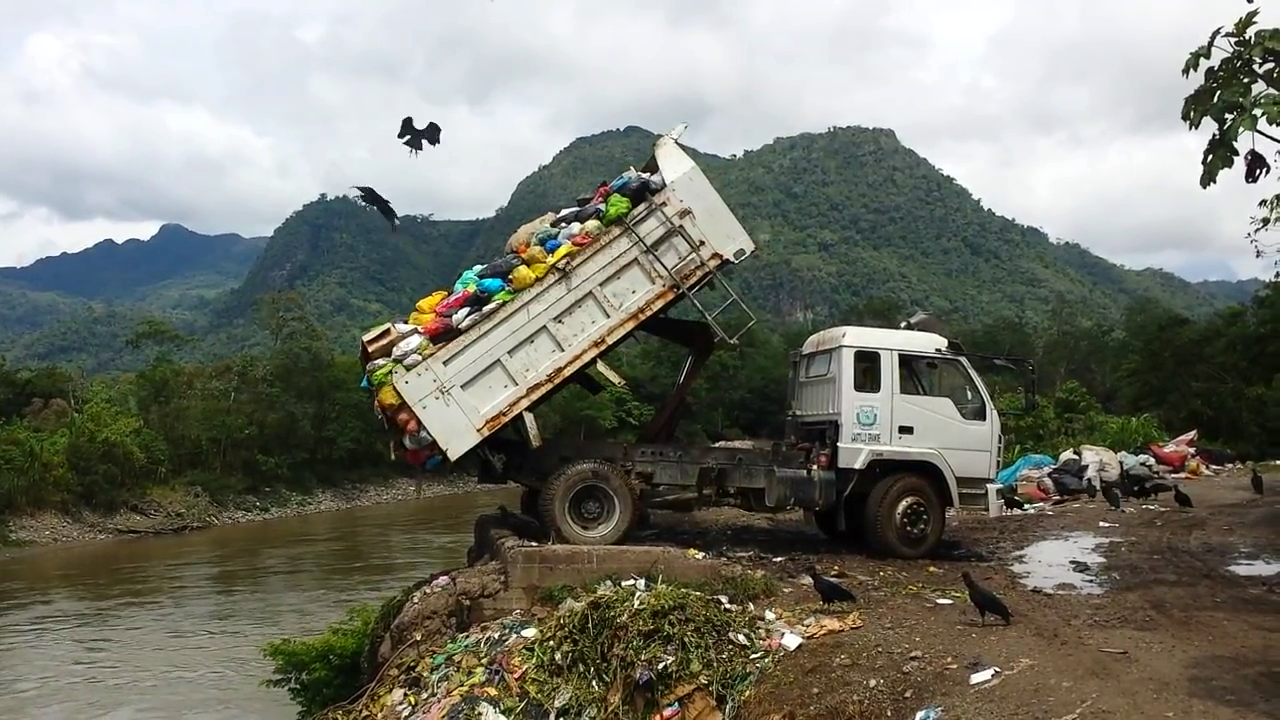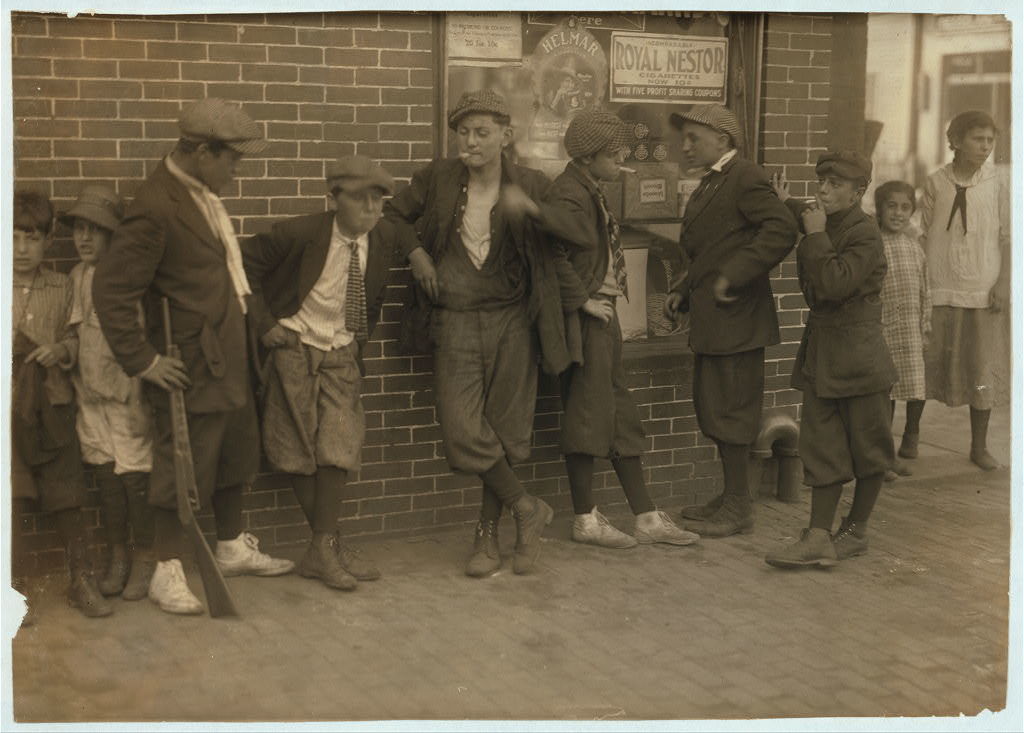Blog
Seeing Through the Havana Peace Agreement’s Approach to Drug Policy
When Colombia’s ex-president Juan Manuel Santos left office in June 2018, his country boasted of over 209,000 hectares of coca leaf – the most it has ever had. Santos’s political opponents blame him for the boom in coca cultivation, claiming that at the end of his predecessor Alvaro Uribe’s administration, the number of…
Extortion as a Method of Terrorism Financing
Extortion is conventionally understood as an attempt or act of obtaining money, property, or services from an individual or organization through some form of coercion. Extortion is one of the most common offenses associated with organized crime. In fact, the historical expansion of traditional criminal organizations has been closely intertwined…
Intangible Technology Transfers and the Crime-Terror Nexus
As terrorist groups become more global in their reach, creative in their methods and increasingly connected to organised criminal groups (OCGs), new and complex counter-terrorism responses are required. One concerning trend, in at least some geographical regions like sub-Saharan Africa is increased cooperation between OCGs and terrorist groups, including the ‘outsourcing’ of…
The Globalisation of Policing: A Familiar Tune
It is argued the world has been fundamentally changed by forces of globalisation that are driven by neoliberal, ‘Washington consensus’ free-market capitalism. This shift is so profound, it is said, that even the power of policing no longer resides solely with the nation-state and is instead dispersed among a variety of…
The Social Embeddedness of the Italian Mafia in Germany
In January 2018, Operation Stige led to the arrest of 169 individuals across Italy and Germany on charges including participation in a mafia-type association, money laundering, extortion, unfair competition and attempted murder. Operation Stige is just one of the many operations initiated mainly by Italian police forces against Italian mafias operating in…
Recruitment Pathways into Organised Crime: A Theoretical Framework
Unlike more conventional forms of crime, the success of organised criminal groups depends largely on their ability to identify and recruit co-offenders. Due to the everchanging nature of illicit markets, organised criminal groups tend to recruit individuals with a range of skills, knowledge, and experience that will benefit their involvement in a particular…
The Camorra: Europe’s Toxic Waste Criminal Entrepreneurs
On the 4th of February 1991, Mario Tamburrino was unloading barrels from his truck when a life-changing accident occurred: the truck driver was transporting 571 industrial barrels with toxic waste from Piedmont in Northern Italy to Naples in the South when some of the liquid inside came into contact with his eyes.…
Street Gangs as a Form of Glocal Radicalisation
The spread of youth gangs has accompanied the origin and development of large industrialised cities, starting in countries like the US. In recent decades, however, the phenomenon has undergone unprecedented expansion in Europe – in places such as London, perhaps the most recent and best-known example – and across certain…
Deconstructing the Mexican ‘Narcos’: Critical Thinking Skills Needed
Graphic crime scenes accompanied by figures depicting unprecedented homicides rates continue to dominate the Mexican media landscape. In Mexico, violence and its causes have dominated almost all areas of public discussion for the last ten years and countless pages have been devoted by journalists, fiction writers and academics to dissecting the so-called Mexican insecurity crisis. Each of…
Dealing with Drugs: Consensus at Last?
This year’s World Drug Report is yet another piece of evidence that the international community faces a daunting task. Despite century long efforts by global law enforcement, the illicit market continues to expand, with global illicit opium production jumping by 65 per cent from 2016-2017 (the highest estimate yet recorded) and New…










